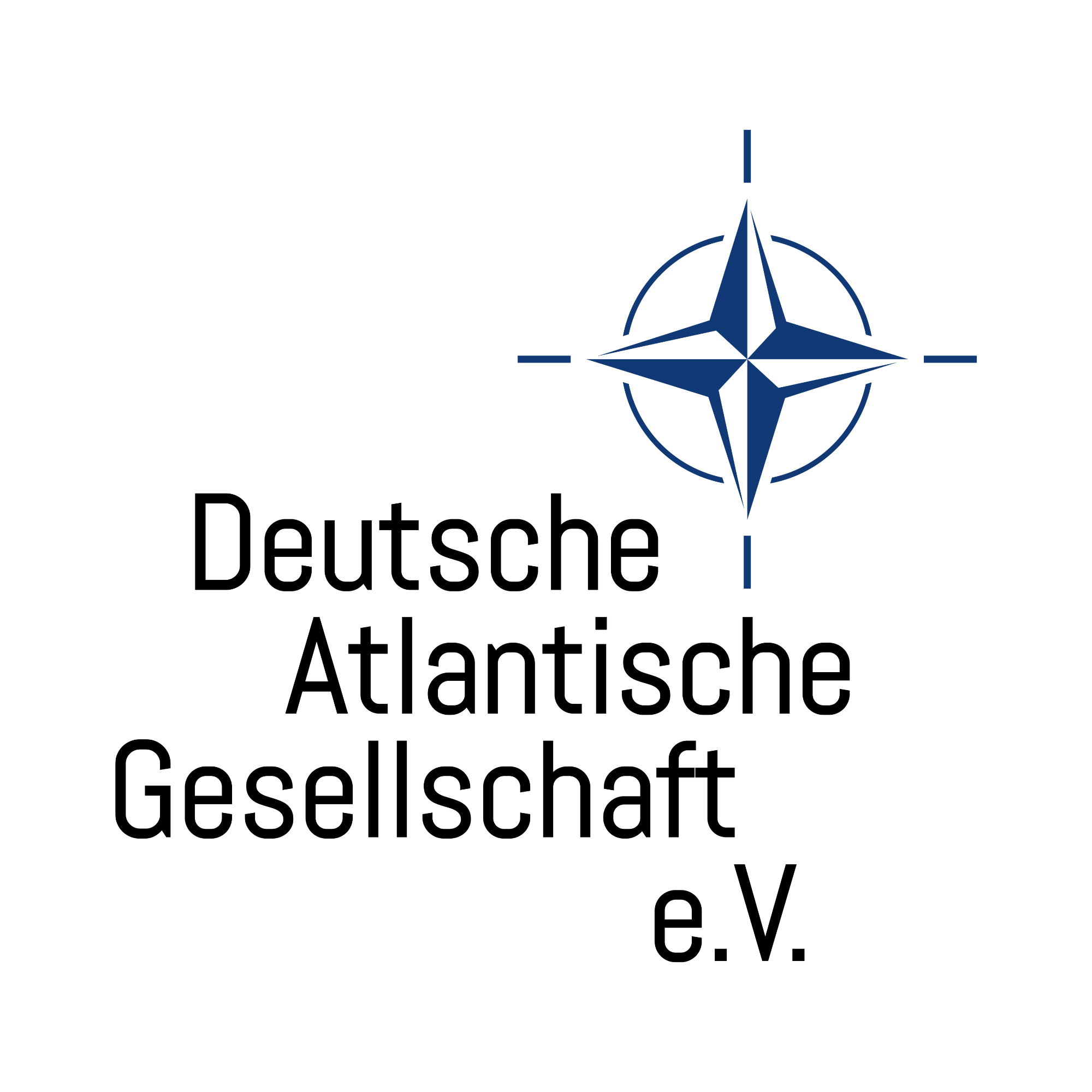Anmeldung: Wir laden Sie herzlich ein, sich ab sofort über den Anmeldebutton zu registrieren. Falls die Anzahl der Anmeldungen die verfügbaren Plätze übersteigt, werden wir eine Warteliste führen. Um sicherzustellen, dass kein Platz ungenutzt bleibt und interessierte Personen nicht enttäuscht werden, möchten wir Sie bitten, uns im Falle einer kurzfristigen Verhinderung umgehend zu informieren. Dadurch können wir Ihren Platz an jemand anderen weitergeben und das Interesse aller Beteiligten wahren.
Hinweis: Die Workshops richten sich an junge Expertinnen und Experten bis 40.
Workshop III: European Strategic Sovereignty and Transatlantic Relations – A Mid-Term Security Outlook for Europe (11:15 – 12:45)
Durchgeführt von: Friedrich-Naumann-Stiftung für die Freiheit in Kooperation mit der Heinrich-Böll-Stiftung (Englisch)
The security landscape in Europe is currently experiencing a significant shift due to the Russian war against Ukraine and its far-reaching consequences. This shift is causing a rapid and potentially disruptive change in European defence, leading to a reassessment of defence concepts, capabilities, and cooperation. This war is just one example of a more extensive transformation that is occurring globally, and it indicates that the world is entering an era of systemic conflict. As a result, Europeans must adapt to a more complex geopolitical situation that goes beyond just the European theatre and defence. One such example is the possibility of a conflict between the US and China, which would have far-reaching implications beyond just the military domain. This would affect solidarity with the US, as well as the military capability gaps that a rapid increase in US engagement in Asia would create in the European theatre. Therefore, European states must tackle a more complex equation in defining their future defence ecosystem, including security and defence policies, capability profiles, the required technological-industrial base, and collective actions within NATO, the EU, or beyond.
How do we envision our future security architecture in Germany? How much transatlantic coordination and cooperation, especially in the industrial sector, do we want, how much can we afford? How is the US looking at European security, what are expectations going forward? Should Europeans strive for strategic autonomy / sovereignty? Is it realistic for Europe to achieve anything like strategic autonomy in the mid-term? Is European strategic autonomy only a fall-back option or a true strategic option for the EU in the 21st century?
We will address these questions in a fishbowl-style discussion format, with expert input delivered by Rachel Rizzo.
Rachel Rizzo
Non-resident Senior fellow beim Atlantic Council’s Europe Center
Moderation:
Jeroen Dobber (tbc)
Leiter des FNF Global Security Hub, Friedrich-Naumann-Stiftung für die Freiheit














